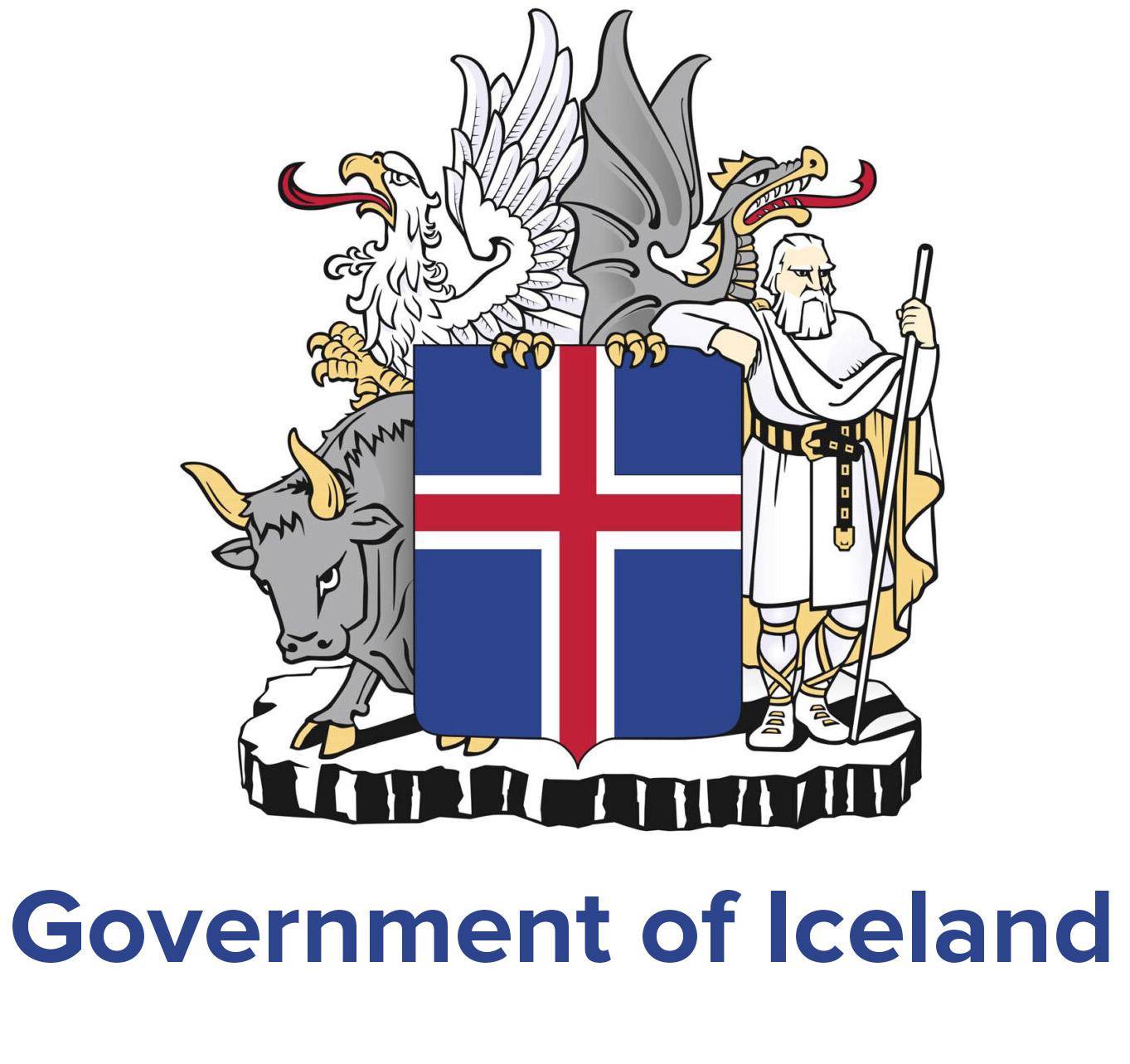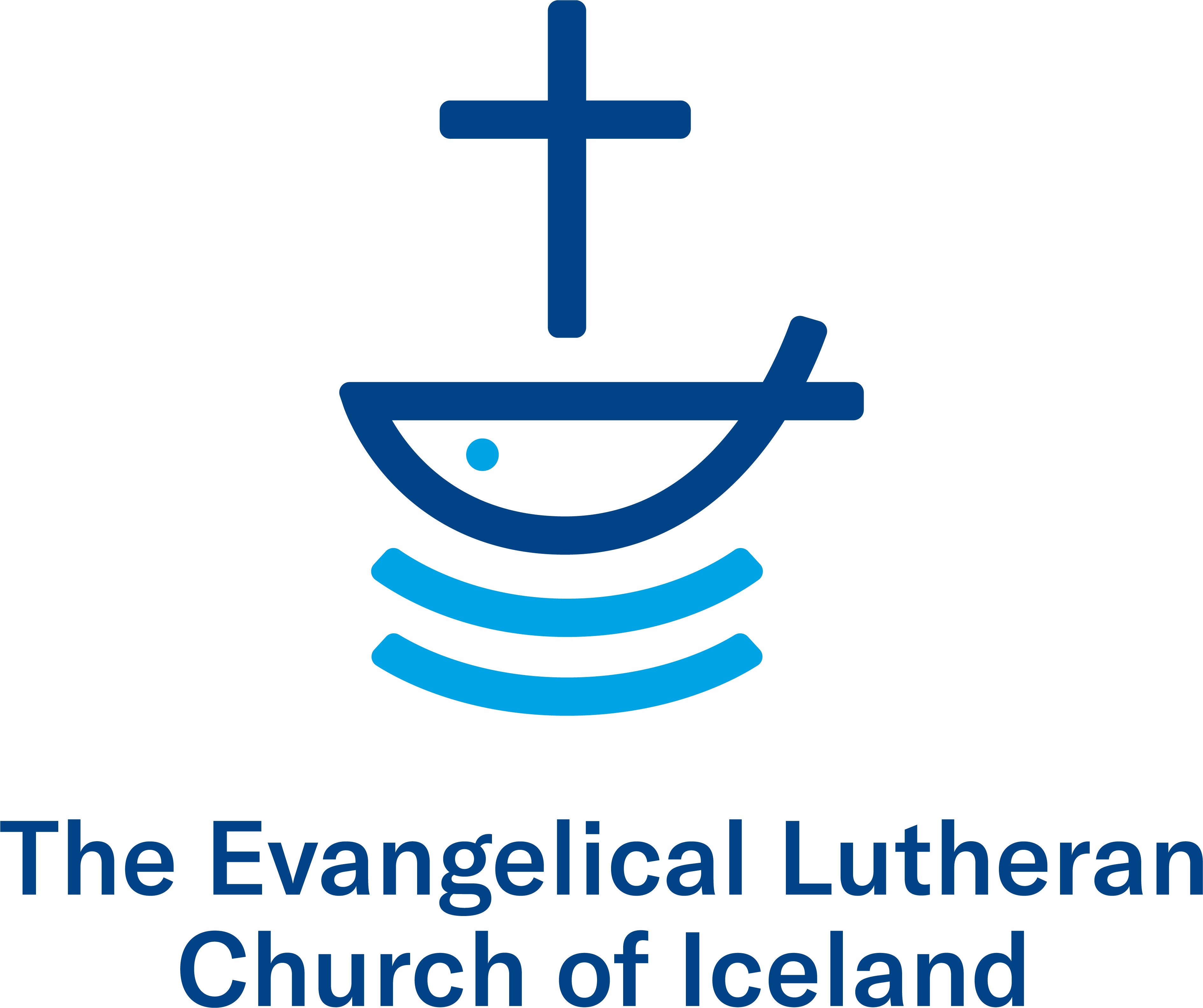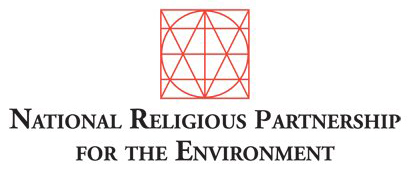Background
Faith For Nature: Multi-Faith Action
Sustainable Development Goals
People, Planet, Prosperity, Peace and Partnerships
The overarching strategy for the Sustainable Development Goals (SDG) is captured by the “P” principles of People, Planet, Prosperity, Peace and Partnerships. The last principle, also enshrined in SDG 17, recognizes that these global goals can only be achieved by engaging and empowering stakeholders, mobilizing partnerships with diverse capabilities, and engaging untapped innovative approaches.

Recognizing the potential of faith actors
Recognizing the potential of faith actors, the United Nations established in 2010 the UN Inter-agency Task Force on Religion and Development (UN IATF), currently composed of 22 UN organizations. The UN IATF in 2018 has established a Multi-faith Advisory Council of some 47 FBOs. The United Nations Environment Program (UNEP) launched in 2017 the Faith for Earth Initiative to strategically engage with faith actors and partner with them to collectively achieve the SDGs. In addition, UNEP launched in the same year the Interfaith Rainforest Initiative. The year after, UNEP adopted a Faith for Earth Strategy as an integrated approach for the partnership with faith actors. The main goals of the initiative are to empower policy engagement and dialogue, mobilize faith investments toward the SDGs and create science-faith evidence and linkages. In less than three years the Initiative has been able to mobilize actions by thousands of faith actors from almost all major religions, hold policy dialogue during the 4th UN Environment Assembly, establish partnerships with and among FBOs on environmental sustainability, produce valuable documents, launch global campaigns to mobilize actions around thematic environmental issues, link science with religious studies, establish faith and sustainable development education networks, support global movements such as Laudato Si and engage Intergovernmental organizations to adopt strategies related to the linkages between religions and the environment such as in the case of the Council of Islamic Ministers of the Environment. The event Faith for Nature will build upon these activities and the knowledge and networks of UNEP and other partners.
Notwithstanding the ecological crisis, no global structures exist to strengthen faith and inter-faith action for the environment. To address that gap, UNEP has developed the concept of a Faith for Earth Coalition. The Coalition would be a new multi-stakeholder platform with the overall aim to facilitate partnerships with faith leaders, faith-based organizations and people of faith at global, regional and local levels in order to inspire, empower and strengthen action and behavioural changes towards achieving the SGDs and implementing UNEP’s programme of work. The sustainable, multi-stakeholder, global and inclusive nature of the coalition will make it of unique value.
In October 2019, a multi-stakeholder discussion in Iceland was held, including religious leaders from the Nordic countries and North America, scientists and environmental organizations, to discuss the role of faith in bringing about restorative and sustainable development. One finding of that meeting was that Iceland offers an opportune venue to bring together a coalition of faith and political leaders to engage on environmental issues.
In May 2020, the Icelandic government agreed to support the convening of a preparatory meeting for the Global Faith for Earth Coalition and to prepare the text of a resolution for the Fifth United Nations Environmental Assembly on the role of faith and faith actors in finding long lasting, nature-based and innovative solutions for environmental challenges. As further explained below, this meeting will have a limited in-person high level segment in Iceland and a digital global conference extending to all regions of the world.
Faith for Nature: multi-faith action
Inspired to take collective action to protect our shared planet










